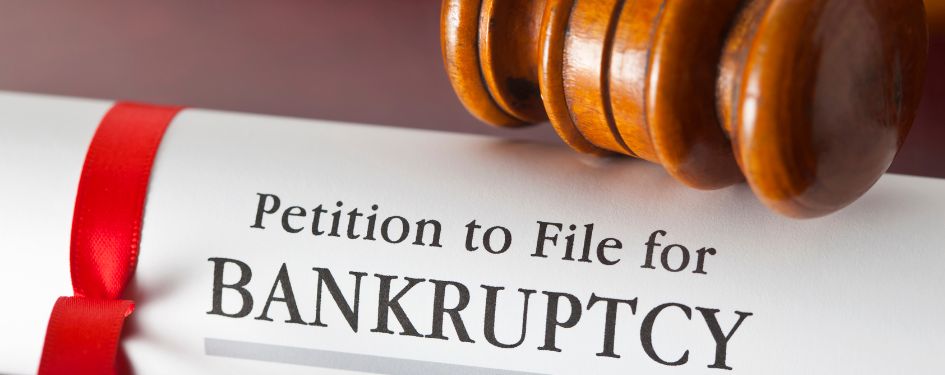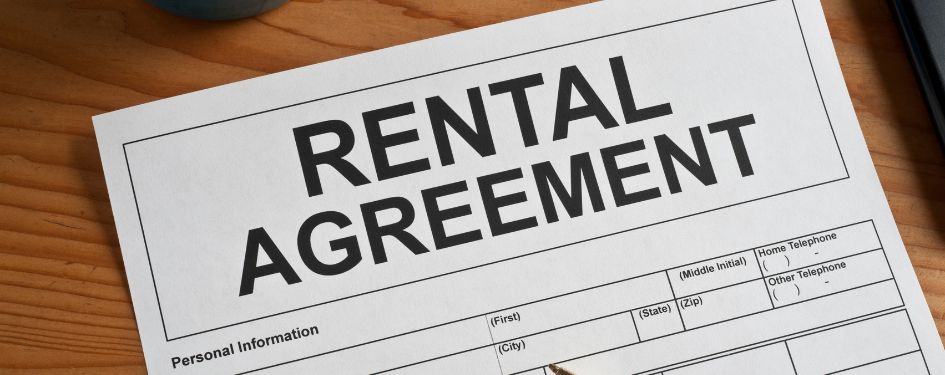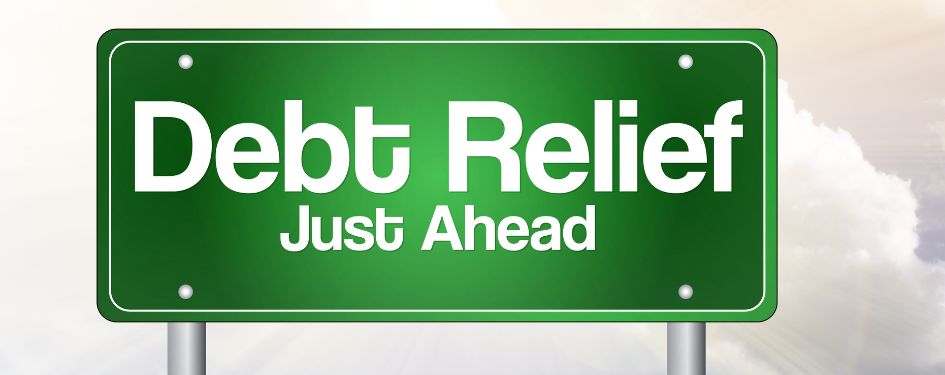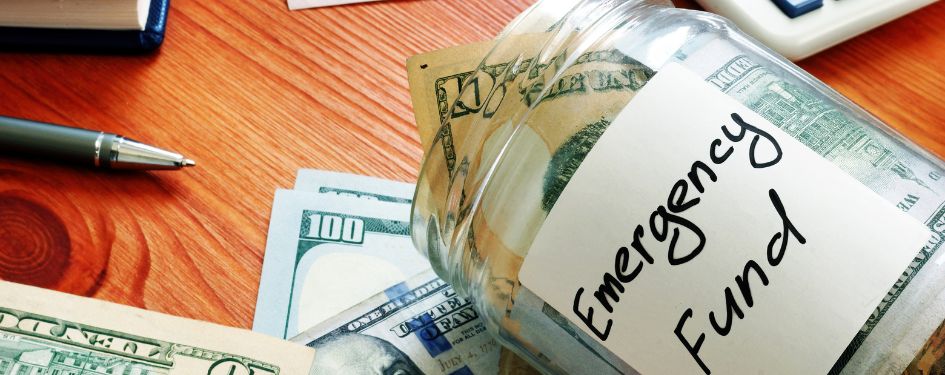Debt Relief Articles
How To Choose A Debt Relief Company (What Anyone Who Has Debt Should Know)
Updated Apr 19, 2024By Melissa Cook

With numerous options available, it's essential to find a reputable debt relief company that can provide the right solution for your financial situation, and at Americor, we show you how to...
Read MoreWhat Happens When You File For Bankruptcy?
Updated Apr 19, 2024By Aaron Sarentino

As America's leading provider for debt relief solutions, we aim to shed light on what happens when you file for bankruptcy, including its impact on your property, credit, employment...
Read MoreVeteran Debt Relief Options (What Veterans And Their Spouses Should Know)
Updated Apr 09, 2024By Minh Tong

Veterans can face unique financial challenges, and managing debt can be particularly difficult. However, several programs and resources exist to help veterans overcome debt, including...
Read MoreBankruptcy Alternatives: Exploring Better Debt Relief Options
Updated Apr 09, 2024By Melissa Cook

It's crucial to acknowledge that if your financial picture is bleak, bankruptcy isn't the only solution. There are less drastic alternatives that can provide relief and help regain financial stability...
Read MoreHow To Help Someone With Debt (Follow These Simple Steps)
Updated Apr 02, 2024By Aaron Sarentino

It’s hard to see someone you care about under stress from drowning in debt and the urge to step in is natural. Whether it's a friend, family member, or loved one, offering support...
Read MoreHow To Rent An Apartment Or House With Bad Credit
Updated Apr 02, 2024By Minh Tong

While you may need to invest a bit more effort, explain your credit dings, and prove you’re a good renter – renting an apartment or house is definitely achievable. We'll show you how...
Read MoreDebt Management Vs. Debt Settlement: Which Is Better?
Updated Mar 20, 2024By Melissa Cook

Debt management and debt settlement are two of the most common debt relief options. Both strategies offer paths to debt freedom, but understanding their differences and choosing...
Read MoreHow To Build And Grow An Emergency Fund Quickly
Updated Feb 14, 2024By Minh Tong

With some planning and financial discipline, you could start and grow a sizable emergency fund within just 6-12 months. In this simple guide, we'll show you what to do to get...
Read MoreWhat Happens To Debt After A Spouse Dies?
Updated Jan 17, 2024By Minh Tong

You know you may stand to inherit your spouse's assets when they die, as outlined in their final wishes, but their debt isn’t something anyone thinks about until it is time to deal with...
Read More
